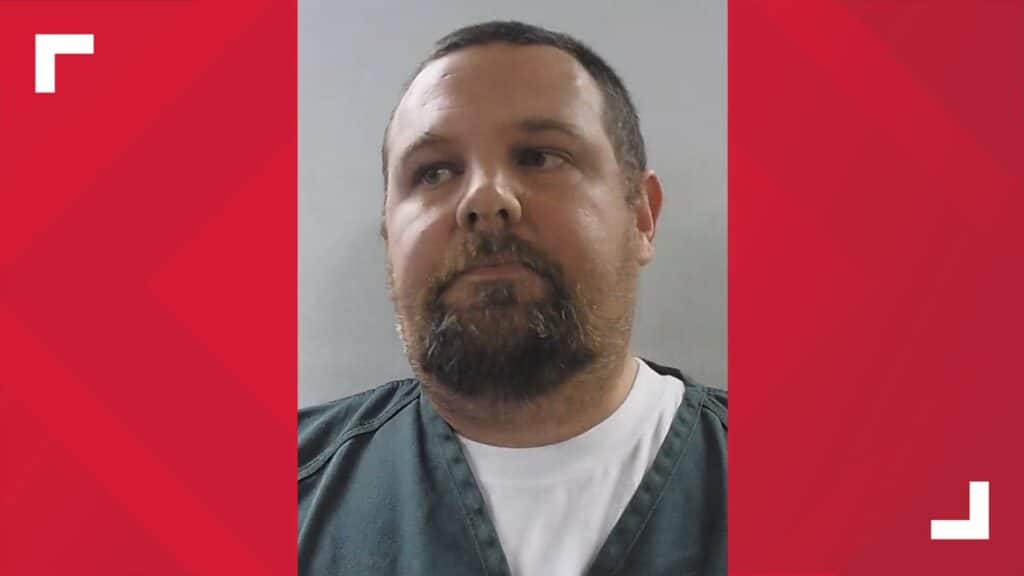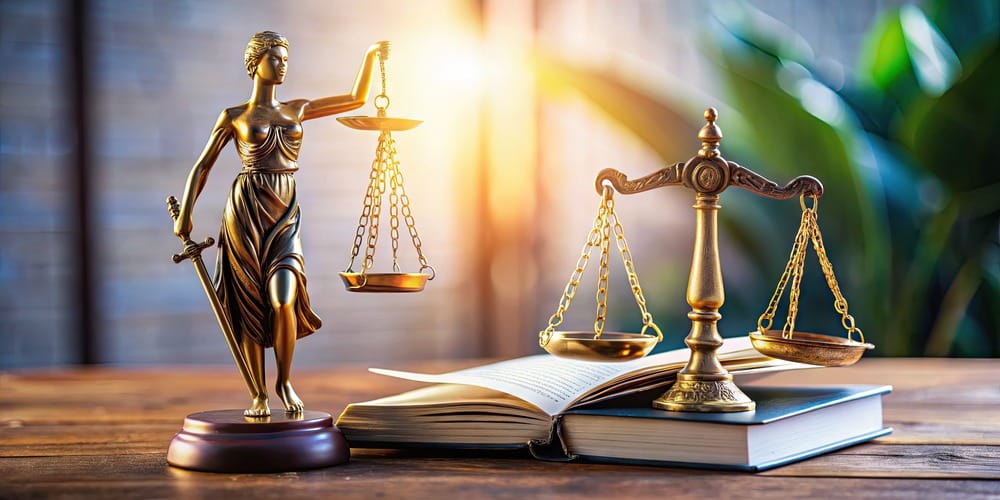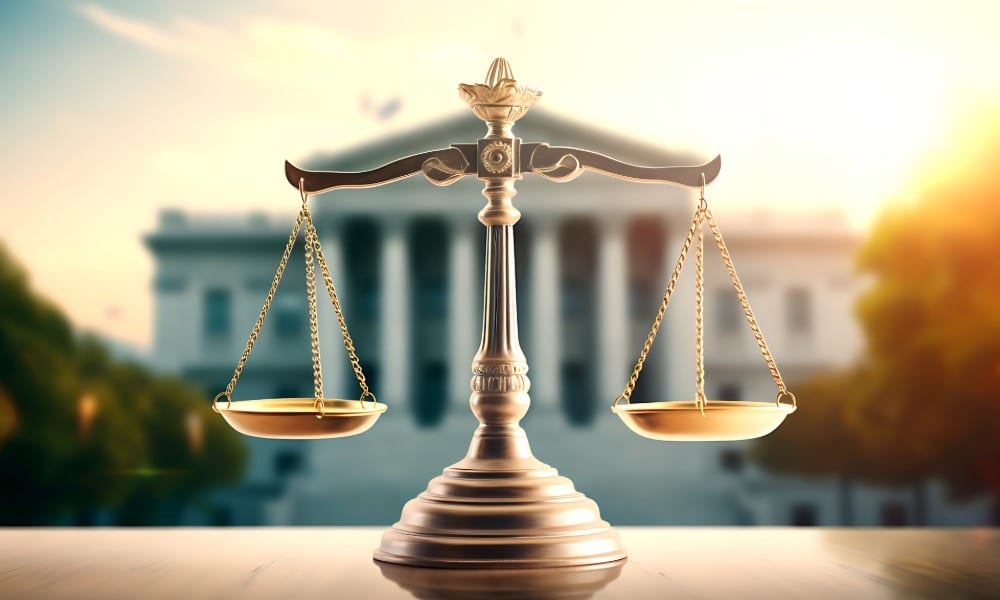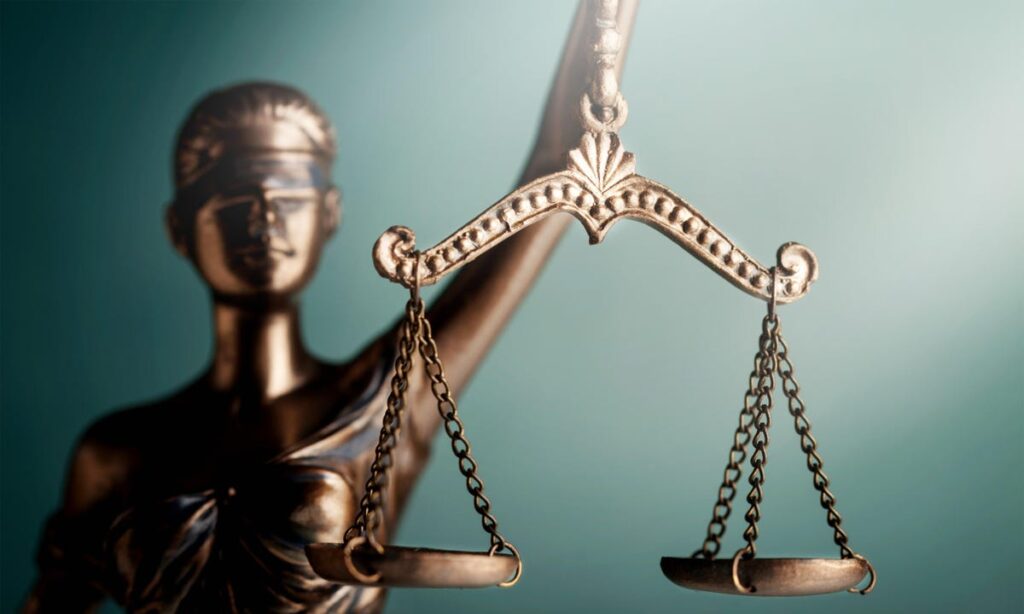Child pornography is often viewed and distributed among pedophiles, who become sexually aroused by the depictions of children engaging in sexual acts.
The child victims are often brutalized in the production of child pornography, and this offense is often an extension of child prostitution and/or human trafficking practices.
The Mayo Clinic, a non-profit medical research-based organization in the United States, reported that around 76% of individuals who were arrested for the possession of pornography had molested a child at some point and that 30%-80% of individuals who view child pornography on the internet had also acted out on their impulses at one point.
Call 207-571-8146 or contact us online to schedule a consult with one of our highly skilled criminal defense & OUI lawyers, serving Southern Maine, today.
Table of Contents
Classifications of Child Pornography in Maine
Under the law, child pornography is sometimes hard to define and can be difficult to r classify and prosecute as a sex crime.
Classifications of such crimes have been roughly outlined in scales of increasing severity of inappropriate nature, including:
- Erotic Posing: This is an inherently sexualized depiction of children, whether fully clothed or partially naked, by deliberately posing them in an erotic manner.
- Explicit Erotic Posing: Whether partially clothed or naked, it is any depiction that emphasizes the genital area of a child in an erotic manner.
- Explicit Sexual Activity: Images and/or videos illustrating explicit sexual acts between children or alone, but without the presence of an adult.
- Assault: Depictions of children being sexually assaulted by an adult.
- Gross Assault: Depictions of a child engaging in grossly obscene sexual acts with an adult.
- Sadistic: Images involving a child being physically tortured or subjected to pain or rape in a sexual manner.
What are the Penalties of a Child Pornography Conviction in Maine
If found guilty of possessing and/or viewing child pornography, an individual will be required to register in the sex offender database. This means that they will have to continually update their information when they choose to move, maintain employment, or attend school in another jurisdiction.
This information will be viewable by the public, including what charges a person was convicted of. A person found guilty of this crime may also be subject to federal and/or state charges.
According to Maine Code §284, being in possession of any sexually explicit material that involves a minor less than 16 years of age would result in a class D crime in the state of Maine. A class D offense is punishable by up to 1 year in jail and a $2,000 fine.
If found in possession of child pornography where the minor is less than 12 years old, an individual would be charged with a class C crime-resulting in up to 5 years in jail and a $5,000 fine.
If an offender has had one or more prior convictions, the severity of the crime, and the resulting penalties, will be increased as well.
Call 207-571-8146 or contact us online to schedule a consult with one of our highly skilled criminal defense & OUI lawyers, serving Southern Maine, today.
What Behaviors Fall into the Classification of “Child Pornography” in Maine Law?
As mentioned, child pornography in the State of Maine is a relatively expansive concept, and includes a range of behaviors and actions. The following behaviors are presently recognized as being included within the definition of child pornography:
- Any sort of erotic posing, whether fully clothed or partially nude, which essentially means any sexualized depictions of minor children;
- Explicit erotic posing, which refers to any depiction which highlights or focuses on the genital area, and this can be either fully clothed or nude;
- Explicit sexual conduct, which means any material (i.e. images or film) which depicts minor children engaging in sex acts either together or alone;
- Any material which depicts sexual assault of minors by an adult;
- Any material which depicts minor children engaging in obscene sexual acts with an adult;
- Any material which depicts any form of sadistic sexual acts involving minors and adults (i.e. physical torture, pain, etc.).
How are Child Pornography Crimes Assessed in Maine?
When looking at how these crimes are assessed – meaning, how they are classified in terms of severity – the key question is which type of crime occurred, and the precise facts involved in the crime itself. This is because certain crimes are treated more harshly than others.
The crime of production of child pornography (also called sexual exploitation of a minor) is a Class B crime, unless the perpetrator has previous convictions, or the minor is less than 12 years of age. If either of these two latter scenarios apply, then the crime is classified as a Class A crime.
Distribution of child pornography is considered a Class C crime, unless there are exacerbating circumstances. If any of the material distributed includes minors under the age of 12, then the offense is assessed as a Class A crime; if the offender has prior convictions, then the crime is considered a Class B crime.
By comparison, the crime of possession of child pornography is treated less harshly in Maine, and is considered a Class C crime. Even with prior convictions, this possession of child pornography is still classified as a Class C crime. This is also the case if the material possessed includes depictions of children under the age of 12.
Furthermore, with this particular crime, the possessor can raise a defense that the depicted person is his or her spouse in the State of Maine.
Call 207-571-8146 or contact us online to schedule a consult with one of our highly skilled criminal defense & OUI lawyers, serving Southern Maine, today.
How is “Intent” Established Regarding the Distribution of Child Pornography in Maine?
The crime of distribution of child pornography (or “dissemination of sexually explicit material” involving minors, as it’s alternatively referred to) can be defined as follows under Maine law: intentionally or knowingly disseminating, or possessing with the intent to disseminate, any material which depicts a minor engaging in sexually explicit conduct. In this definition, we can see that “intent” is a key element of this crime. Under current Maine law, the element of intent will be evidenced by way of “permissible inference” whenever a person possesses 10 or more copies of material featuring child pornography.
In other words, if a person possesses 10 or more pieces of child pornography, Maine law will presume that the intent to disseminate exists. Intent can also be evidenced in other ways, but intent will always be inferred whenever this amount of material is discovered.
Do Child Pornography Offenders in Maine Have to Register as Sex Offenders?
Yes, under current Maine law, child pornography offenses – i.e. production, possession, or distribution – are considered sex crimes, and so offenders are obligated to register as sex offenders. Offenders must register with the Maine Sex Offender Registry, which is operated by the Maine State Bureau of Identification.
Offenders register by delivering certain information to this bureau, and then maintain the accuracy of their profile by updating their information periodically. Offenders must maintain their profile, otherwise they can face harsh consequences.
Call 207-571-8146 or contact us online to schedule a consult with one of our highly skilled criminal defense & OUI lawyers, serving Southern Maine, today.
What Data Must Be Provided to Register with the Maine Sex Offender Registry?
During the initial registration process, the convicted sex offender is required to provide certain information to the Maine Sex Offender Registry. As mentioned, this information must be updated periodically in order to maintain accuracy. The information which must be initially provided to the registry includes the following: the offender’s name, any aliases used, date of birth, identifying traits (i.e. eye color, hair color, height, weight, race, gender, etc.), recent picture, fingerprints, future address where the offender plans to live, details on the conviction itself, details on the offender’s mental health status.
How Does Maine’s Mandated Reporter Law Operate with Respect to Child Pornography?
Under Title 22, Section 4011-A of the Maine Health and Welfare Code, certain individuals are required by law to report suspected instances of child abuse or neglect to the authorities. Clearly instances involving child pornography would certainly fall into this category, and so suspected instances involving child pornography must be reported.
At this time, under current law, this mandated reporting requirement applies to most licensed caregivers, teachers, religious workers, and first responders.
In addition, there is a subsection within Section 4011-A which requires reporting whenever someone suspects that a minor child isn’t living with his or her legal guardian. This subsection is often viewed as a special provision to prevent child pornography, as many instances of child pornography occur when a minor child has been abducted.
Is “Illegal Search and Seizure” a Possible Defense Against Child Pornography Allegations?
The short answer to this question is “yes,” a defense attorney may attempt to overcome a child pornography related charge by raising this type of argument. Under the U.S. Constitution, citizens are protected from illegal searches and seizures from authority figures; violations of this constitutional protection can lead to suppression of evidence, and this suppression of evidence can potentially defeat a criminal charge.
In some ways, this is an evolving area of law, because there is some uncertainty regarding how these constitutional rights apply to digital searches of computer files. As with every possible defense, the viability of this argument ultimately depends on the exact facts involved, and so there is no way to predetermine how viable this defense may be.
Call 207-571-8146 or contact us online to schedule a consult with one of our highly skilled criminal defense & OUI lawyers, serving Southern Maine, today.
Can Evidence Obtained from an In-Person Interrogation Be Suppressed via Court Motion?
Again, as with the previous question, the short answer to this question is “yes.” If an alleged offender gives evidence to police officers during an initial interrogation, this evidence may be inadmissible depending on the circumstances. If the evidence is inadmissible, then it can be formally suppressed by filing a court motion.
In most instances in which someone is charged with a child pornography related crime, the alleged perpetrator submits to an initial interrogation by the police. Our counsel is always to avoid submitting to an interrogation, but if an interrogation does occur, there is still the possibility of having any negative evidence suppressed if the interrogation procedure was defective (i.e. not voluntarily given, no Miranda rights, etc.).
Is the Location of Computer Files Relevant in Building a Defense to Allegations?
Yes, the location of files is relevant in building a case against child pornography charges, which is why a skilled attorney will make pointed inquiries regarding the exact location of files. Depending on the location of the files, a greater or lesser technological defense may be built against charges.
For instance, were the images thumbnails? Did more than one individual have access to the searched computer? Where exactly were the images stored within the computer? These questions may be used to potentially build a defense to a charge.
What is the Maximum Jail Sentence for Possession of Child Pornography?
In the State of Maine, under Maine Code §284, the crime of possession of child pornography is a Class C offense, and Class C offenses carry a maximum jail sentence of 5 years. Depending on the exact nature of the offense and the perpetrator’s criminal history, the offender may receive a sentence closer or farther from the maximum possible sentence.
Contact our Maine Child Pornography Lawyers
As we can see, Maine treats child pornography related offenses in a severe manner, because Maine understands the ramifications of these crimes. Statistics show that a large percentage of those who possess and view child pornographic material have acted on their pedophiliac impulses at one time or another. Furthermore, statistics also show that a huge percentage of those who’ve been arrested for possession of child pornographic material have committed other offenses, including child molestation.
The criminal justice system in Maine knows what is at stake, and knows that these offenses must be punished harshly in order to deter future behavior and prevent trauma. This is precisely why people who commit these crimes are required to register as sex offenders.
Don’t hesitate to call us at (207) 571-8146 or contact us directly online if you’ve been accused or charged with child pornography. The experienced attorneys at The Maine Criminal Defense Group know how to fight for your rights.
Call 207-571-8146 or contact us online to schedule a consult with one of our highly skilled criminal defense & OUI lawyers, serving Southern Maine, today.
Blog Posts

In Maine, it is illegal for a person to have consensual sexual activity with a minor younger than 16, with a few exceptions. For anyone accused or charged with statutory[...]

AUGUSTA, Maine — A 44-year-old Albion, Maine man, Sean M. Eori, is on trial at the Capital Judicial Center after being indicted on 11 charges involving the alleged sexual assault[...]

Sexual exploitation of a minor in Maine is a felony with serious consequences, including prison and sex offender registration. If you're facing charges involving child pornography[...]

Many individuals accused of sexual assault find themselves tried in the “court of public opinion” and immediately branded as “guilty.” This is unfair and contrary to the principles of criminal[...]

Facing a child pornography charge is one of the most daunting and life-altering experiences anyone can endure. These charges carry severe consequences, including potential prison time, hefty fines, and mandatory[...]

Solicitation of a minor is a criminal offense where an individual who engages in a conversation with a minor solicits or asks the minor to meet up to partake in[...]

Sexual assault and sexual battery both refer to criminal offenses where a victim does not provide consent to sexual contact. This contact may or may not involve penetration, force, violence,[...]

Both prostitution and solicitation are considered sex crimes in Maine. Buying or selling sexual acts or sexual contact is illegal and has traditionally been considered a criminal offense for all[...]

A protection from abuse order (PFA) can make it illegal for an individual to contact you or your children in the state of Maine. Filing a PFA is often a[...]

In a recent child exploitation case from Boston, a Maine man was found guilty by the federal court and sentenced to 13 years in prison and five years of supervised[...]

